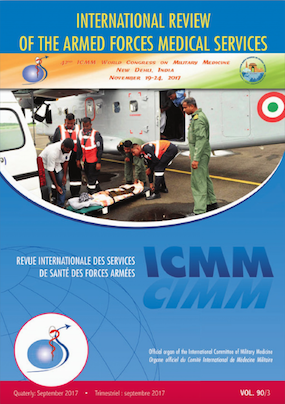As part of International Humanitarian Law (IHL), Additional Protocols I and II of 1977 to the Geneva Conventions and other treaties provide for the protection of patients, medical personnel and health infrastructures during armed conflicts. They recognize the primacy of medical ethics in times of war, notably the principle of non-discrimination. Attacks against hospitals or health care providers during armed conflicts signal a blatant disregard for such protections. A state of affairs where IHL is ignored, denied or revisited has far-reaching consequences for the medical profession. It affects primarily the security of patients and health personnel, but also it impacts on the integrity and the independence of doctors and other healthcare personnel worldwide. In this paper, I analyse the case of the bombing of Kunduz Hospital (Afghanistan, 2015), considering historical, legal, and moral perspectives. Regardless of the difficulty to relate deliberate attacks against health care facilities to a single pattern of aggression, upholding the principles of IHL remains a historical responsibility of states parties. Beyond Kunduz and similar incidents, a close examination of emerging military doctrines and revisionist ‘Just War’ theories reveal how not only medical care, but also the core principles IHL are under threat. The delivery of impartial medical care in warfare situations is at risk of becoming impossible, illegitimate, and irrelevant. Such a risk can equally affect all medical professionals – military or civilian – assisting victims of armed conflicts.

 Read the article
Read the article